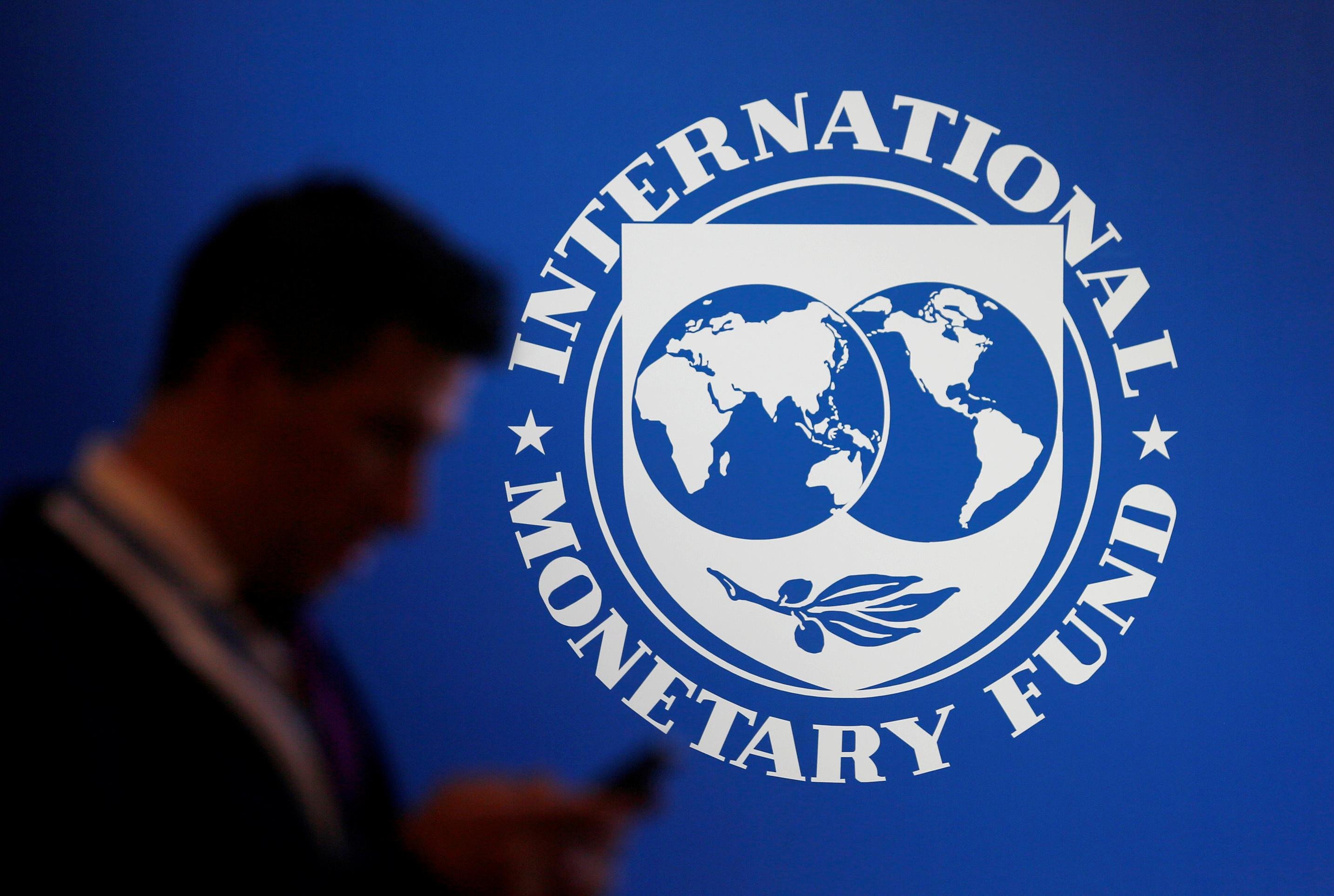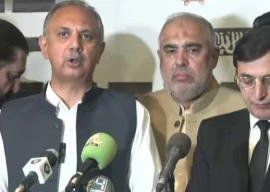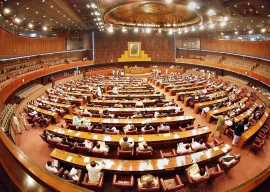
Pakistan has shared a new plan with the International Monetary Fund (IMF) to reduce electricity prices by Rs6 per unit by pumping in Rs2.8 trillion — a proposal that is built on highly risky funding sources and might not immediately get the lender’s endorsement.
The federal government has told the IMF that out of the Rs2.8 trillion, an amount of Rs1.4 trillion will be provided by all the four federating units, including Khyber-Pakhtunkhwa (K-P). But the Pakistan Tehreek-e-Insaf (PIT)-led provincial government has refused to fund the plan.
Energy ministry sources said that both sides held discussions on the Rs2.8 trillion tariff reduction plan at the weekend but there was no outcome. The sources added that the IMF had asked for more details.
The finance ministry was also reluctant to take the ownership of the plan, although the Prime Minister’s Office was actively pushing it. Power Minister Sardar Awais Laghari was not available for comments.
The provincial budgets, except for the K-P, were already overstretched and these governments may not give money in a scheme that will give political mileage to the Pakistan Muslim League-Nawaz (PML-N) government at the expense of the provinces.
The government has proposed to reduce the electricity prices by Rs5.80 per unit by changing terms of local and the government-owned power producers, closing some inefficient plants and retiring Rs2.7 trillion debt.
Although the Prime Minister’s Office was holding meetings with some of the provincial stakeholders, there was still no consensus among the Centre and the four federating units, said the sources.
To finance the plan, the government told the IMF that the four provincial governments will provide Rs1.4 trillion as per their shares in the National Finance Commission (NFC). The remaining Rs1.4 trillion will be arranged by further slashing the Public Sector Development Programme (PSDP), taking more commercial loans, diverting some budgeted subsidies and taking out the dividends of the government-owned entities and diverting for financing the plan.
“The K-P government will not consider any federal request of sharing power subsidy burden in monetary terms, Muzzammil Aslam, Finance Adviser to the K-P Chief Minister, told The Express Tribune. He added that K-P was already producing surplus power at the cheapest rate of Rs6 to 7 per unit and in return K-P residents and industries were paying Rs70 per unit price.
The K-P government is now disappointed with the Centre’s power handling and was now working on its own power projects, said the Finance Adviser. He said that the province would also make its own transmission lines and form
IMF,
regulatory authority to give cheap electricity to protect the K-P economy.
Electricity in Pakistan had become unaffordable and consumers are paying up to Rs76 per unit cost. The federal government has temporarily pended 51% increase in the electricity prices for up to 200 units consumers but they will be hit in October.
The end consumer average unit price was Rs44, which the government wanted to reduce to Rs38 through the Rs2.8 trillion plan. The consumers in the category of 301 to 700 units were paying Rs58 per unit after adding various surcharges and taxes. The consumers of over 700 units monthly consumption were now paying Rs64 per unit and the commercial consumer was paying Rs76 per unit.
The sources said after meetings with the IMF, there were more questions than the answers due to poorly-drafted plan, whose success is highly dependent on negotiations with the local power producers and four provincial governments.
The government told the IMF that it wanted to reduce the electricity prices with a combination of reducing profits of the government-owned power plants, changing terms of 12 independent power producers and terminating the contracts of some of inefficient power plants by making them full payments.
The plan also talks about retiring the local debt of the power plants and retirement of the entire circular debt of nearly Rs2.3 trillion.
According to the plan, the government would reduce the return on equity for the public sector power plants that will provide it space of Rs1.15 per unit. It has also proposed to change the terms of 12 independent power plants from take or pay to take and pay. But its impact will be very nominal of just 14 paisa per unit.
The sources said that the government has proposed to terminate the contract of the inefficient power plants, which will result into 52 paisa per unit reduction. But this will require Rs77 billion payments to the owners of these plants, half of it to be funded by the provincial governments.
According to another proposal, the government will retire Rs453 billion local debt of the IPPs, which will create room for Rs1.15 per unit tariff reduction. It has also planned to retire the entire Rs2.3 trillion circular debt in one go, which will provide the maximum space for reduction of Rs2.83 per unit prices, being charged as debt-servicing surcharge.
However, the circular debt is being cleared without addressing the root causes – the higher line losses, theft and poor recoveries of electricity subsidies.
In order to fund this plan, the government has proposed a further cut in the PSDP by another Rs400 billion to just Rs700 billion for this fiscal year. It will take Rs386 billion in commercial loans, Rs200 billion will be arranged from the dividends of the government-owned companies.
The remaining Rs420 billion would be diverted from the budgeted power subsidies, the sources continued. The IMF inquired as to why the government did not book those Rs200 billion dividends in the budget, said the sources.
The federal government has visualised receipt of Rs1.4 trillion from the provinces as their share in tariff-cutting plan. The government has told the IMF that Punjab would contribute Rs699 billion and Sindh Rs351 billion. Surprisingly, it expects K-P government to contribute Rs231 billion and Sindh’s share is Rs126 billion.
The sources said that another round of discussions would take place with the IMF soon. “Going by the outcomes of the discussions at the weekend, we are not very hopeful for any immediate approval of the plan, a source said.
Pakistan is eying for $7 billion bailout package but the global lender has not yet listed the country for the board approval. The staff-level agreement had been announced on July 12th and there is an unusual delay in giving the board approval.
Pakistan has not yet been able to secure the requisite financing from the external creditors, which is a pre requisite for the board meeting.



1730752226-0/Untitled-design-(35)1730752226-0-165x106.webp)







1726140338-01730723472-0/Untitled-design-(42)1726140338-01730723472-0-270x192.webp)




1730706072-0/Copy-of-Untitled-(2)1730706072-0-270x192.webp)
COMMENTS
Comments are moderated and generally will be posted if they are on-topic and not abusive.
For more information, please see our Comments FAQ